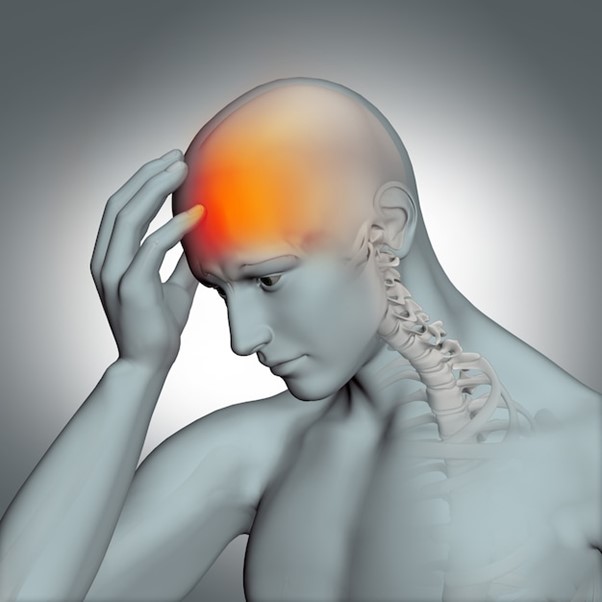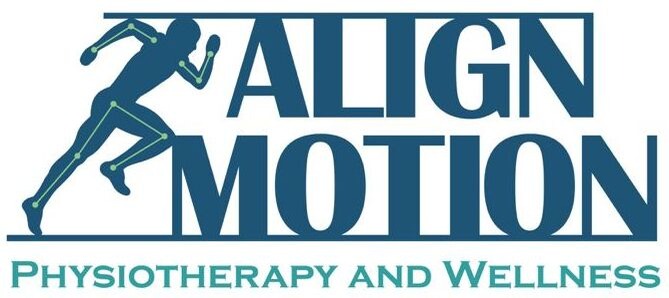Neuromuscular Disorders

Neuromuscular disorders encompass a range of conditions that affect the nerves controlling voluntary muscles and the muscles themselves. These disorders can lead to progressive muscle weakness, atrophy, and various degrees of physical disability.
Types of Neuromuscular Disorders include a broad spectrum of diseases. Some common types are muscular dystrophies, such as Duchenne muscular dystrophy; motor neuron diseases, like amyotrophic lateral sclerosis (ALS); peripheral neuropathies, including Charcot-Marie-Tooth disease; and neuromuscular junction disorders like myasthenia gravis. Each disorder varies in its specific causes, symptoms, and progression.
Symptoms of Neuromuscular Disorders generally involve muscle weakness, cramps, stiffness, and loss of muscle mass. Depending on the specific condition, symptoms can also include difficulty with movements, balance issues, numbness, tingling, and in severe cases, respiratory problems due to weakened diaphragm muscles. These symptoms often start in a specific muscle group and gradually spread to other parts of the body.
Treatment and Management strategies for neuromuscular disorders aim to improve quality of life and slow disease progression, as most of these conditions currently have no cure. Treatment plans typically include physical and occupational therapy to maintain muscle function and mobility, respiratory therapy for breathing difficulties, and medications to manage symptoms and reduce inflammation. Genetic therapies and advances in molecular medicine offer new avenues for treatment, particularly for genetic disorders like Duchenne muscular dystrophy.
Supportive Care is crucial, involving a multidisciplinary team of neurologists, physiotherapists, occupational therapists, and speech therapists. Psychological support for patients and their families is also essential to help cope with the emotional and social impacts of these chronic conditions.
Understanding and managing neuromuscular disorders require a comprehensive approach to care, focusing on improving the patient’s functional abilities and overall well-being while advancing research towards potential cures.

